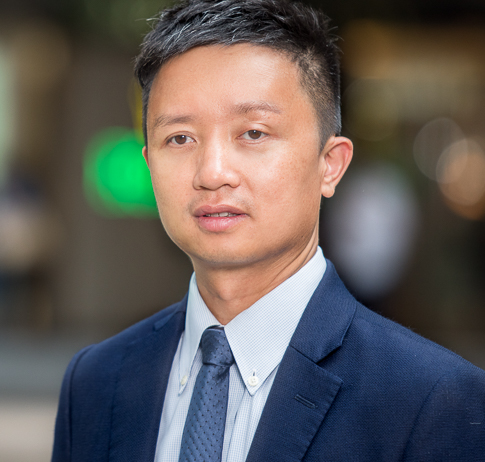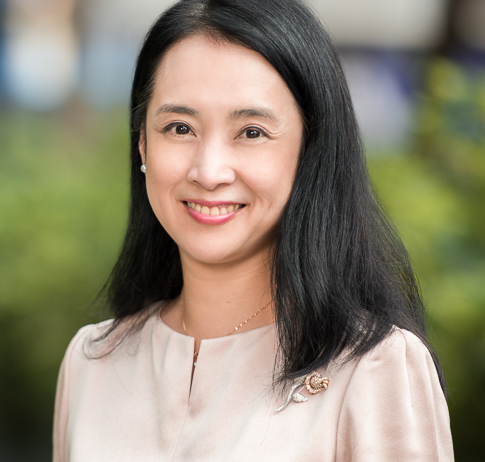Background
On 28 October 2022, a bill that seeks to tax specified foreign-sourced income (the 'Bill') was gazetted for consideration by the Legislative Council and is expected to come into effect in 2023. The Bill is to address pressure from the European Union that Hong Kong has to cease to enable ‘double non-taxation’, specifically since certain foreign-sourced income is not subject to profits tax in Hong Kong due to its territorial principle of taxation.
Taxable persons
The Bill targets multinational enterprise groups ('MNE groups'), which include any group consisting of entities which carry out trade, profession or business in Hong Kong (the ‘MNE entity') with the ultimate parent entity located or established in a different jurisdiction from that of the MNE entity. The MNE entity can include a Hong Kong permanent establishment of a foreign company. Standalone entities and local corporate groups, where all group entities are located or established in Hong Kong, would not be affected. There is however no de minimis threshold on an MNE group’s asset size or revenue that could exempt it from the new regime. Clients should be aware that trust structures may be caught within the regime since trusts are within the definition of ‘entities’.
Taxable income
There are 4 types of ‘specified foreign-sourced income' of an MNE entity which would be subject to the regime: (1) dividends, (2) disposal gains from equity interest, (3) interest and (4) intellectual property income which arise in or are derived from a territory outside of Hong Kong. This client alert focuses on the first two types of income.
If the MNE entity is an investment holding company which receives dividends in Hong Kong from companies carrying on business outside of Hong Kong (e.g. foreign listed companies generally), such dividends would prima facie be subject to profits tax (unless it qualifies for the exemptions briefly explained below). In this context, dividend is ‘received in Hong Kong’ if such dividend is ‘remitted to, transmitted or brought into Hong Kong’ or ‘is used by the MNE entity to satisfy a debt incurred in respect of its business in Hong Kong’. Note however that dividends derived from Hong Kong (e.g. from ownership of companies listed in Hong Kong or private companies which are chargeable to profits tax in Hong Kong) remain exempt.
In respect of disposal gains , if the MNE entity receives in Hong Kong profits or gains from the disposal of equity interests (in entities other than partnership interests), any offshore-sourced gains from such disposal would prima facie be subject to profits tax. In other words, an MNE entity that ‘receives in Hong Kong’ any gains on its disposal of an equity interest which is sourced offshore, whether that gain is capital or revenue in nature, would be assessable to profits tax (unless the exemptions as briefly mentioned below are met). This covers gains from sale of shares of companies listed outside of Hong Kong, or of shares in unlisted companies which is ‘effected’ outside of Hong Kong.
This is in contrast to the current regime where any such disposal gains would not be subject to profits tax provided that the gains (a) are capital in nature OR (b) even if it were trading or revenue in nature, are sourced outside of Hong Kong. For an MNE entity under the new regime, only the disposal gains of equity interest which are sourced in Hong Kong and are capital in nature would continue to be outside the profits tax net.
Exemptions – economic substance / participation
The new regime does not apply to foreign-sourced dividends and disposal gains if the receiving MNE entity satisfies the ‘economic substance requirement’. An MNE entity is a ‘pure equity-holding company’ when its only activity is the holding of equity interests and earns only dividends and disposal gains. Such an entity is expected to meet only the basic registration and filing requirements under law and have adequate human resources and premises to carry out or arrange for the specified activities to be carried out in Hong Kong.
An MNE entity is not a pure equity-holding company when its ‘specified economic activities’ include the making of strategic decisions when dealing with its assets and the assumption of corresponding risks. The MNE entity will be expected to employ an adequate number of qualified employees and incur an adequate amount of operating expenditure in Hong Kong for its ‘specified economic activities’. Instead of setting the minimum threshold requirements, the totality of facts of each case (including nature of business, scale of operation, etc.) will be considered in determining whether the adequacy test is met. Outsourcing (i.e., ‘arranging’) the relevant activities is permitted, provided the MNE entity can adequately monitor the outsourced activities. The Bill specifically reserves for the Commissioner of Inland Revenue the right to determine what is adequate. We expect future guidelines and publications from the Inland Revenue Department will shed more light on this.
Even if an MNE entity does not meet the economic substance requirement, it may still avail itself of the ‘participation exemption’ to mitigate its potential profits tax liability arising from receiving in Hong Kong of foreign sourced dividends and disposal gains. The participation exemption is met if the MNE entity, being a Hong Kong resident person or has a permanent establishment in Hong Kong, holds (continuously, in the past 12 months) not less than 5% of equity in the investee company from which it receives offshore dividends / equity disposal gains and the dividend / disposal gain concerned or (if the income concerned is dividends) the profits of the investee company are subject to a headline tax rate of at least 15%. This exemption is subject to general anti-abuse provisions.
Nevertheless, even if an MNE entity fails to qualify for any of the exemptions, it may still claim relief from double taxation under any applicable comprehensive double taxation arrangement or (where no such comprehensive double taxation arrangement applies) by way of unilateral tax credit.
An in-scope MNE entity is required to report its specified foreign-sourced income received in Hong Kong in its profits tax returns and designated form, and explain that it qualifies for the relevant exemptions (e.g., having sufficient economic substance or qualifying for the participation exemption).
If you have any questions, please feel free to reach out to Daniel Tang or Deirdre Fu for a consultation.


